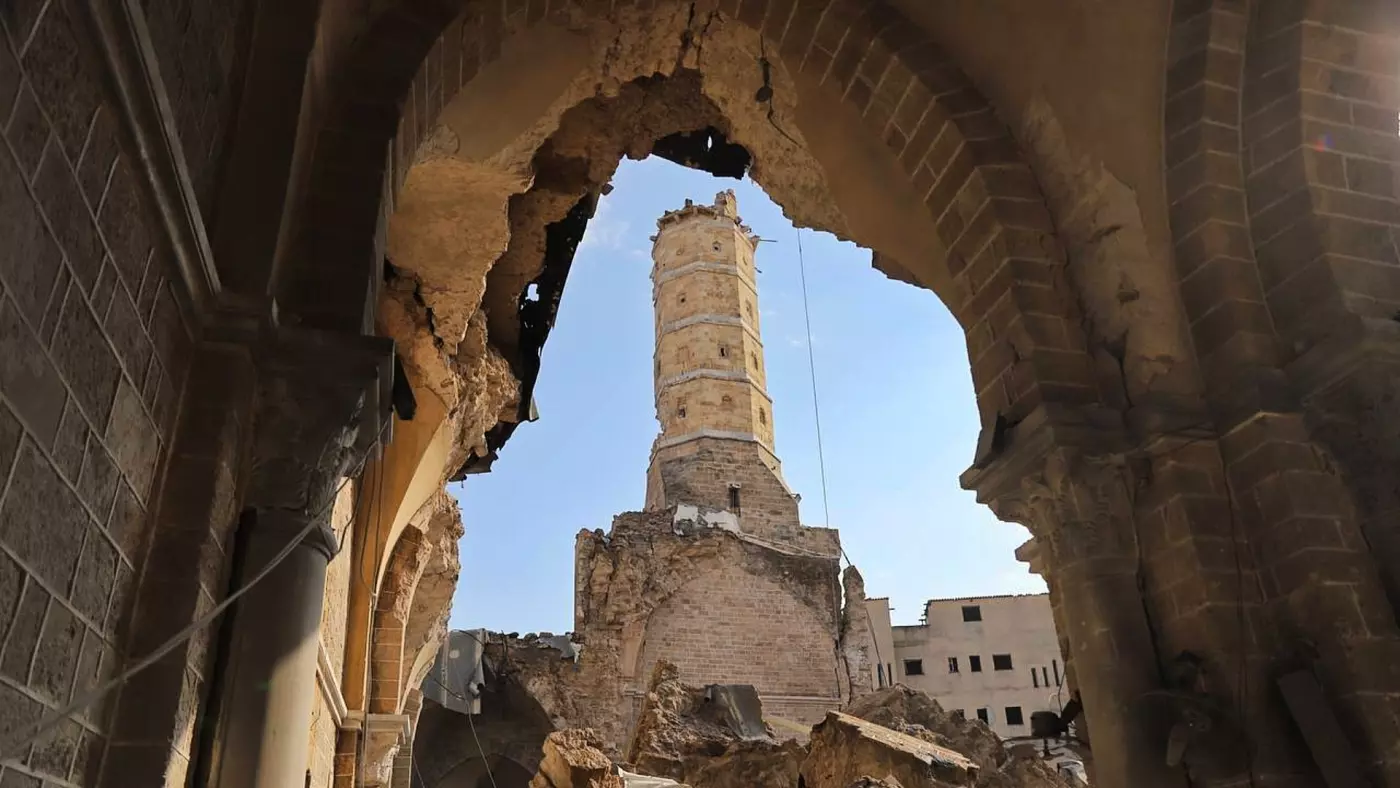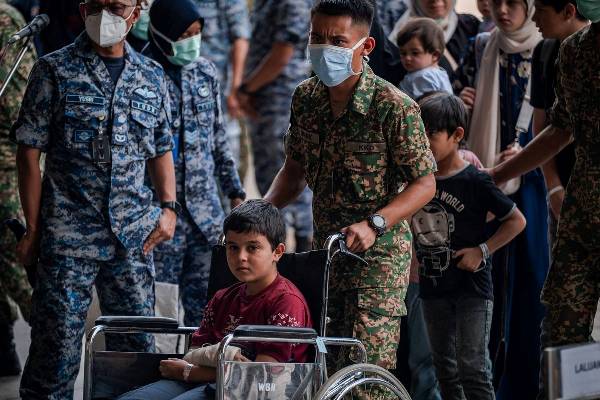Editor’s Note: A version of this story appears in CNN’s Meanwhile in the Middle East newsletter, a three-times-a-week look inside the region’s biggest stories. Sign up here.
Some of the United States’ closest Arab allies gave President Joe Biden the cold shoulder as he and his diplomats shuttled around the Middle East in an attempt to prevent the Israel-Hamas war from spiraling into a wider regional conflagration.
Jordan, Egypt and the Palestinian Authority canceled a planned meeting with Biden less than 24 hours before he was supposed to meet them for a four-way summit in the Jordanian capital, Amman, on Wednesday. The cancellation followed a massive blast in Gaza’s Al-Ahli Baptist Hospital that reportedly killed hundreds of Palestinians. Palestinian officials blamed Israel for the hospital blast, while Israeli officials said it was caused by a misfired Islamic Jihad rocket.
“The summit won’t be able to stop the war, which is what we want,” Jordan’s Foreign Minister Ayman Safadi told Al Jazeera early Wednesday, calling the hospital blast a war crime. “So, we decided not to hold it,” he said.
Biden arrived in Tel Aviv on Wednesday, where he met with Israeli Prime Minister Benjamin Netanyahu and members of the Israeli war cabinet. The president pledged continued backing of Israel and told Netanyahu that the hospital explosion “appears as though it was done by the other team, not you.” The National Security Council said Wednesday that the government currently believes Israel “is not responsible” for the blast.
CNN cannot independently verify what caused the explosion, nor the extent of casualties.
Arab leaders appear to be alarmed at Washington’s near-complete support for Israel in the war and are trying to distance themselves from the Biden administration as anger grows on the Arab street against the Jewish state. At least 3,478 people have been killed in Gaza since the October 7 attack on Israel by Gaza’s Hamas rulers, which killed at least 1,400 in the country.
After news of the hospital blast broke on Tuesday, anti-Israel protests erupted in Lebanon, Iraq, Jordan, Iran and Turkey, and in Ramallah in the West Bank.
Arab leaders are also likely to be wary of protests at home spiraling as images of dead Palestinians stream in with round-the-clock coverage of the Gaza war on almost every Arabic news channel. Jordan is particularly vulnerable to protests as a large proportion of its population claims Palestinian descent.
Egypt on Wednesday declared three days of mourning for the Gaza hospital victims.
“What we have seen from Biden, we have probably not seen from any previous US president, in terms of being so emotionally attached to Israel,” said Abdul Khaleq Abdulla, a commentator from the United Arab Emirates who is attuned to official thinking. Arab states, he said, “are shocked as hell” by Biden’s perceived unwillingness to criticize Israel or bring a stop to the bloodshed.
“The feeling now is that he is a full partner in this crime committed against Palestinians,” he told CNN, adding that Arab states are now “trying to detach themselves, not to meet him, neglect him.”
Egypt and Jordan, both of which border Israel and the Palestinian territories, have notably pushed back against a US plan to establish a safe corridor for Palestinians fleeing Gaza in Egypt’s Sinai Peninsula, which borders Gaza.
Displacement is a ‘red line’
Jordan’s King Abdullah warned Tuesday that the displacement of Palestinians to Jordan and Egypt is a “red line,” and said neither Jordan nor Egypt would accept refugees from Gaza. He said that any suggestion of the two countries taking in fleeing Gazans was a plan “by the usual suspects to try and create de facto issues on the ground,” suggesting that the refugees may not be allowed to return to their homes.
The US suggestion has been met with fury in the Arab world, where media outlets have said that it serves Israel’s interest to de-populate the Gaza Strip of Palestinians and even to re-occupy it, rendering the Palestinians homeless once again without prospects of return. Israel ruled Gaza from 1967 to 2005 and it settled Jews there during that period.
Egyptian newspapers have denounced the idea of Palestinians being expelled from their homes, saying it would be a repeat of the 1948 Nakba, or “catastrophe,” when roughly 700,000 Palestinians fled or were expelled from their homes during the 1948 Arab-Israeli war that led to Israel’s creation. Most Gazans are already refugees whose ancestors came from areas that are now part of Israel.
In a news conference with German Chancellor Olaf Scholz on Wednesday, Egyptian President Abdel Fattah el-Sisi spoke out against the prospect of moving Palestinians to the Sinai in charged words, saying that Israel, not Egypt, should take in the refugees.
“If there is an idea of expulsion (of Gazans), then there is the Naqab (Negev) desert in Israel, where Palestinians can be moved until Israel finishes its announced operation to liquidate the resistance or the armed groups such as Hamas and Islamic Jihad in the strip,” Sisi said.
He warned that the presence of Gazans in the Sinai could turn the peninsula into a base for anti-Israel militancy that would prompt Israel to strike Egypt.
Timothy Kaldas, deputy director of the Tahrir Institute for Middle East Policy in Washington, DC, said no Arab leader wants to be seen as facilitating the emptying out of Gaza.
Sisi is “working very hard to create some distance between himself and his Western partners on this issue, to insulate himself from what could become a lot of public criticism and anger,” he said.
Sisi’s comments came a day after his foreign minister, Sameh Shoukry, told CNN’s Christiane Amanpour that just as Europe and the US are “sensitive” about the idea of refugee influx, so is Egypt.
“Why should Egypt be presumed to allow the influx of 1 or 2 million people?” Shoukry told CNN Tuesday, adding that the country already hosts nine million refugees. He said he didn’t understand the purpose of the transfer of Palestinians, adding that it could be “intentional.”
Kaldas said Western governments that have fraternized with Arab autocrats have often seen their ability to disregard public opinion as a benefit. That may not be true, he added, especially now.
“The reality is that even autocracies have populations with opinions and passions and breaking points,” Kaldas said. “And this is certainly something that has infuriated everybody in Egypt pretty much.”
CNN’s Akanksha Sharma, Hamdi Alkhshali, DJ Judd, Eyad Kourdi, Tim Lister, Chloe Liu, Ben Wedeman, Celine Alkhaldi and Abeer Salman contributed to this report.
Post Disclaimer | Support Us
Support Us
The sailanmuslim.com web site entirely supported by individual donors and well wishers. If you regularly visit this site and wish to show your appreciation, or if you wish to see further development of sailanmuslim.com, please donate us
IMPORTANT : All content hosted on sailanmuslim.com is solely for non-commercial purposes and with the permission of original copyright holders. Any other use of the hosted content, such as for financial gain, requires express approval from the copyright owners.
 Sri lanka Muslims Web Portal Sri Lanka Muslims News Center
Sri lanka Muslims Web Portal Sri Lanka Muslims News Center
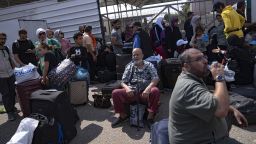
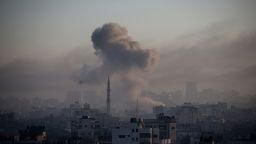
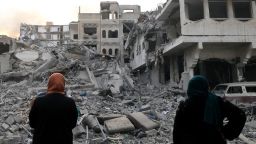
 Donate
Donate

